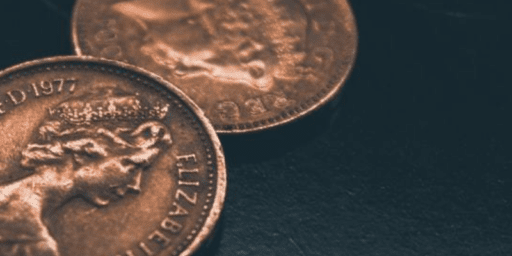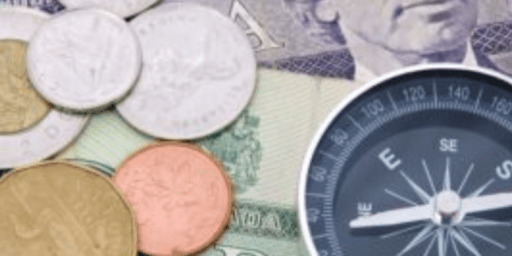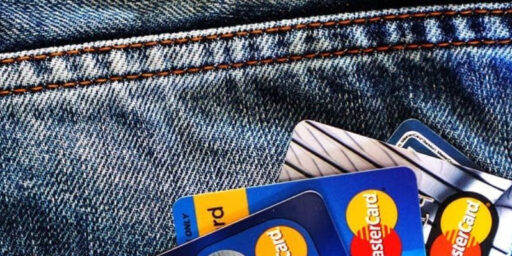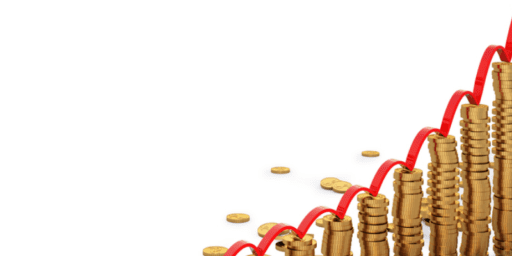Net Worth Update August 2013 (+0.26%) – The Volatility Returns!
Welcome to the Million Dollar Journey August 2013 Net Worth Update. For those of you new to Million Dollar Journey, a monthly net worth update is typically posted near the end of the month (or beginning of the next) to track the progress of my journey to one million in net worth, hopefully by the time I’m 35 years old (end of 2014 – soon!). If you would like to follow my journey, you can get my updates sent directly to your email or you can sign up for the Money Tips Newsletter.
Lets start off with one of the favorite topics here on MDJ – the stock market! You may of heard of the volatility in the market that can come with the summer to fall months and it has been quite a ride. June was shaky, July was surprisingly kind to the bulls, but volatility returned in August, especially for the S&P500. Over the past month, both the S&P500 and the MSCI EAFE (international) index dropped approximately 4.1% (ouch) while the TSX surprised with a 1% gain. I’m also reading a lot about an expectation of a correction in September, only time will tell.
Fortunately, the large drops in the US and MSCI EAFE markets didn’t have too much of an impact on my RRSP which netted a loss of 0.32%. Even though the TSX gained 1%, my dividend portfolio moved in the opposite direction with a 0.79% loss. This is likely due to the fact that there is very little materials exposure in that portfolio which has been a winner for the TSX in August. On another note, my US non-registered trading account, which I use as my fun money account, has been performing very well this year where I have been trading mostly technology stocks.
In the big picture, it’s the end of August and we are up 0.26% for the month and 13.38% for the year. We are up to $889k in assets and $782k in net worth with about 16 months left in the Million Dollar Journey deadline! $220k in 16 months sounds like quite the hill (or mountain?) to climb, but it’s achievable. I have some unreported assets that I’ll be including in the upcoming statements.
A number of readers have asked about the fate of Million Dollar Journey after I reach the million dollar net worth goal. The truth is that I enjoy sharing my financial thoughts with the supportive community here so the content should continue to flow. However, I may modify the goal for passive income towards financial freedom rather than purely net worth. What are your thoughts?
On to the numbers:
Assets: $889,300 (+0.26%)
- Cash: $4,500 (+0.00%)
- Savings: $20,000 (+0.00%)
- Registered/Retirement Investment Accounts (RRSP): $158,000(-0.32%)
- Tax Free Savings Accounts (TFSA): $52,000 (-0.95%)
- Defined Benefit Pension: $46,300 (+0.65%)
- Non-Registered Investment Accounts: $173,000 (+2.37%)
- Smith Manoeuvre Investment Account: $126,000 (-0.79%)
- Principal Residence: $309,500 (+0.00%) (purchase price adjusted for inflation annually)
Liabilities: $106,500 (+0.28%)
- Principal Residence Mortgage (readvanceable): $0 (0.00%) (Paid off in 2010!)
- Investment LOC balance: $106,500 (+0.28%)
Total Net Worth: ~$782,800 (+0.26%)
- Started 2013 with Net Worth: $690,400
- Year to Date Gain/Loss: +13.38%
In my last update, readers suggested to chart my net worth progress over time. Below are the net worth values since Dec 2006 with data points taken semi annually.
- December 2006: $198,500
- June 2007: $254,695
- December 2007: $279,300
- June 2008: $310,483
- December 2008: $309,950 (rough second half)
- June 2009: $355,850
- December 2009: $399,600
- June 2010: $456,910
- December 2010: $505,800
- June 2011: $558,713
- December 2011: $585,228
- June 2012: $631,400
- December 2012: $690,400
- June 2013: $766,300
Some quick notes and explanations to net worth questions I get often:
The Cash
The $4,500 cash are held in chequing accounts to meet the minimum balance so that we pay no fees (accounting for regular bill payments – ie. our credit card bill). Yes, we do hold no fee accounts also, but I find value in having an account with a full service bank as the relationship with a banker has proven useful.
Savings
Our savings accounts are held with PC Financial and ING Direct. We usually hold a fair bit of cash in case “something” comes up. The “something” can be anything that requires cash such as an investment opportunity that requires quick cash or maybe an emergency car/home repair. We also need cash to cover any future tax liabilities.
Where Does the Savings Come From?
We don’t live a lavish lifestyle (how we save money) and do not carry any bad debt. The only debt we have is an investment loan (which pays for itself), so we end up pocketing a majority of our earnings. Our earnings come from salaries, private business income (via dividends to shareholders), and eligible dividends from publicly traded companies.
Real Estate
Our real estate holdings consist of a primary residence and REITs plus a rental property. The value of the principal residence remains valued at the purchase price (+inflation) despite significant appreciation in the local real estate market.
Pension
The pension amount listed above is the value of both of our defined benefit pension plans. I basically take the semi annual statement and add the contribution amounts (not including employer matching) on a monthly basis. The commuted value of the pensions are not included in the statements as they are difficult to estimate.
Updated 2013 – My wife has recently changed her job position which has resulted in switching from a defined benefit plan to a defined contribution plan. This amount will be added to the RRSP totals going forward.
Stock Broker Accounts
Another common question is which discount broker do I use? We actually have accounts with multiple institutions. I’m hoping to reduce the number of accounts that we hold in the near future. Here is a review of some of the more popular online stock brokers.
I've Completed My Million Dollar Journey. Let Me Guide You Through Yours!
Sign up below to get a copy of our free eBook: Can I Retire Yet?










@Derek: some professionals believe QE et al has had very little, if any, stimulating effect on the stock market. Reality tells a different story.
According to a J.P. Morgan report, 60% of the S&P “earning” gains from Q3 2011 to Q1 2013 have been from stock buybacks. The highest rising stocks are also the stocks with the weakest (or zero) organic earnings. The corporate components of the S&P have utilized ZIRP to their greatest benefit.
Yup, QE etc. might make you a million bucks, but will it be worth it, and will it be enough when it all ends?
Awesome results – if the fed keeps QEing – you should hit $1 million in no time!!
I hope to follow in your footsteps and get to $1 million – it’ll just take me several years to get there with two young kids :-)
I have 79k minus all expenses except debt repayment.
I currently just hold higher end single units. The extra net 44k is coming from a downtown loft and townhouse I just purchased. The rental demand for quality properties in Toronto is phenomenal; I actually had multiple offers on one loft.
I am trying to get a residential multiplex but I can’t find a building, yet.
Also, financing for singles is so easy. I do all of my transactions with one bank and we have a very good working relationship.
@SV, is the $79k net real estate income? or gross? Do you own commercial properties?
FT,
I think you should track & update net worth and passive income; both are very important. I tend to focus on passive income with net worth as a secondary measure.
Personal Update:
I’ve recently aquired more real estate; net added annual income 44k.
Total real estate income is now 79k + 15k dividends = 94k passive income.
I would like to eventually reach 250k in passive income.
In the chart you should add your age as well for reference :)
Fair enough! Seems like I started following you at the round number of 100k so I wasn’t sure.
It’s a basic but important strategy to buy investments as you would buy anything else: when it’s a good deal. Something I’ll try to keep in mind.
@Sebastien, thanks for the feedback. The $100k is the amount that has built up over time, not a lump sum. I believe I started with $20k and has slowly increased to the $100k that you see today. I will keep buying providing that valuations are attractive. Having said that, the limit on the account is only $200k, so while there is still room, 50% of the limit has already been used.
FT:
I’m excited to see your future updates with other assets included, and I’m also very anxious to see how you’ll lay out your future goals… Passive income and early retirement sounds like an awesome plan that we should all dream about! Money means little if you’re not taking advantage of it (early retirement, travel, etc). I hope you’ll let us know how you’ll enjoy it.
One question I’ve been meaning to ask since I’ve been following these updates is why you chose to only leverage ~100k of your property for investments. (I’m assuming that the investment LOC you listed is a HELOC.) On the surface it seems smart to not leverage too much in case of volatility or the need to move, etc., but is there a particular reason why you picked 100k over any other value?
Forgive me if you’ve mentioned this in a prior post.
Thanks.
Given the current environment, the commuted values are incredibly high right now. I believe that how you are reporting everything is the most accurate way. Including the commuted value might skew things but at the same time you can’t really ignore it haha